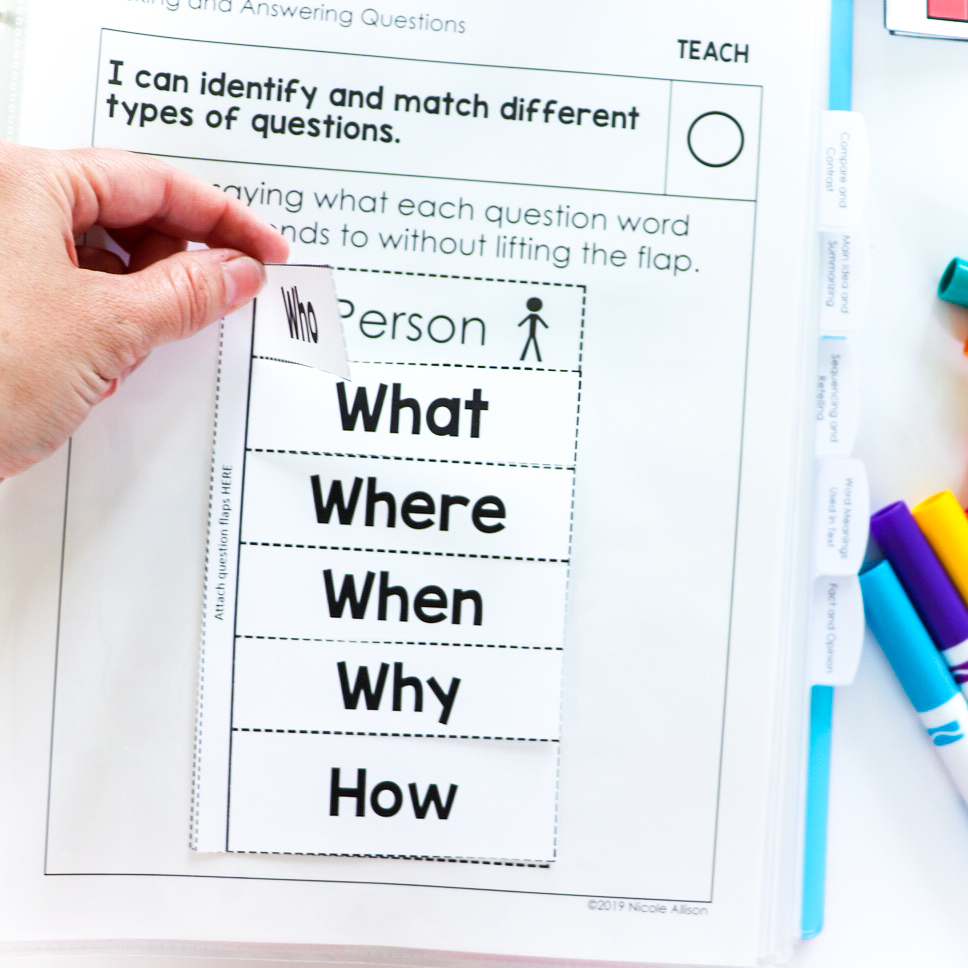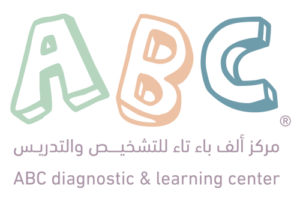Reading comprehension skill involves a child’s ability to understand the context and meaning of the text. Thus, developing reading comprehension skills is incredibly important for growing readers, starting as early as picture books. As children get older, it will help them understand textbooks, newspapers, and other more complex texts.
Young readers quickly learn to summarize or retell story plots and identify the main characters, basic elements of comprehension. Inferencing, the ability to make predictions on what will happen based on clues within the text, is a fundamental aspect of comprehension that is integral to reading proficiency.
On the other hand, it is often easy to assume that students who can read words are understanding what they read. Parents and teachers can discover that the majority of children are excellent word readers more than they have a good comprehension of the text. How do we help them?
ABC offers plenty of reading comprehension activity services that can help your child practice, you can contact us for more specific information.
But in addition, here are six tips to sharpen reading comprehension skills in your early reader.

1. Reading Loudly & Regularly
This encourages them to go slower, which gives them more time to process what they read and in turn improves reading comprehension. Plus, they’re not only seeing the words, but they’re also hearing them, too!
Furthermore, you can also take turns reading aloud. Hearing a book read aloud could help a child understand the plot or the character’s actions. This also can be a child’s gateway to more difficult books.
Otherwise, encourage children to read regularly to help work on proficiency and comprehension skill.
2. Provide books at the right level
Make sure your child gets lots of practice reading books that aren’t too hard. They should recognize at least 90 percent of the words without any help. Stopping any more often than that to figure out a word makes it tough for kids to focus on the overall meaning of the story.
ABC provides you both Arabic and English languages programs under professional teachers. They can give your children a hand in order to deal with this problem and take them to another high level.
3. Build Fluency
To gain meaning from text and encourage reading comprehension, your child needs to read quickly and smoothly, a skill known as fluency. By the beginning of 3rd grade, for example, your child should be able to read 90 words a minute.
Rereading familiar, simple books gives your child practice at decoding words quickly, so they’ll become more fluent in their reading comprehension. Fluency speeds up the rate at which they can read and understand the text.
When kids can read quickly and without making too many errors, they are “fluent” readers.

4. Ask questions when you read.
Use the Super Wh-questions! Ask Ask Ask and Ask Some More for a Sharp Mind! Asking and answering wh- questions are considered to be a milestone. Most children start to reach this milestone between the age of 1 and 2 years. These questions help children develop their receptive and expressive language skills.
The key comprehension questions are who, what, when, where, why, and how. Your child should be able to answer these basic questions about the story or book. Children must be able to understand these questions to pass information to others and ask things.
They have to make sense of the information provided and understand the social context. Then they need to fashion a response, put together words and give the response. This is a lot of skills combined into a seemingly single action.

5. Use a reading app.
Readability provides struggling readers with an AI virtual tutor that helps guide reading lessons and tests comprehension skill. The tutor recognizes your child’s voice and provides guidance on pronunciation. After the story is completed, the tutor will ask questions related to the story.
Learn more about ABC and its services ..
6. Supplement their class reading.
If your child’s class is studying a particular theme, look for easy-to-read books or magazines on the topic. Some prior knowledge will help them make their way through tougher classroom texts and promote reading comprehension.
There are so many ways to help your child become a better reader. Many of these tips focus on out-of-the-box ways to encourage kids to pick up a book or to view reading and books positively.
By making reading a fun activity, kids may be more open to guidance to improve comprehension. When parents are concerned that their child struggles with comprehension, opening a dialogue with the teacher may be the first (and best) step to address their struggles.
Intervention, additional testing, or perhaps even a medical referral to a specialist could also be needed to pinpoint the cause of a reading struggle. Sometimes, though, kids may simply fall behind and additional help at home may be all that is needed to help boost their proficiency.








